Dating Someone who is Bisexual When You are Not – Be Prepared
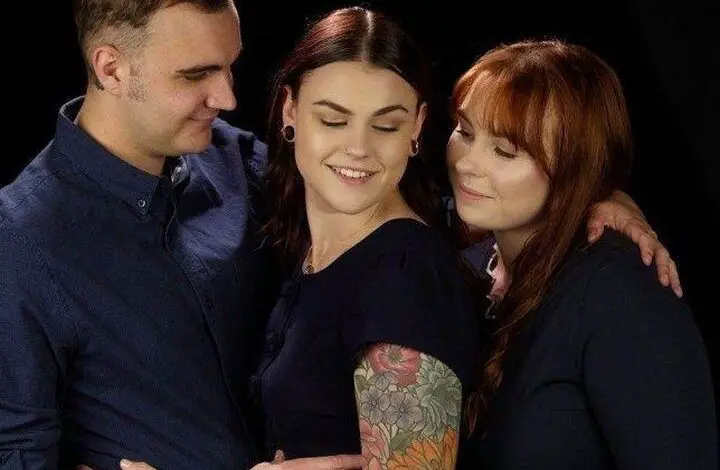
This is a common type of photo when people think of bisexuals. And it points out a common myth – that all bisexuals are into threesomes when they date. This is totally not the case and is just one of the myths about bisexual dating.
Dating is more than just a hookup. It means you and another person have an interest in each other and that a relationship may be developing. You don’t always have control over who you are attracted to, and you may get really interested before you know everything about them.
And even if you do learn everything about their sexual preferences, history, and identities, you may not know how that will play out in reality over time. One of these situations is if you are dating a bisexual, and you are not. Or, you are a bisexual dating someone who is straight, gay, or lesbian. This will bring certain challenges, and you should be prepared for them.
Let’s look at the different combinations of these relationships and some of the challenges that may pop up.
First, Why do Some Reject Bisexual People in Dating Relationships?
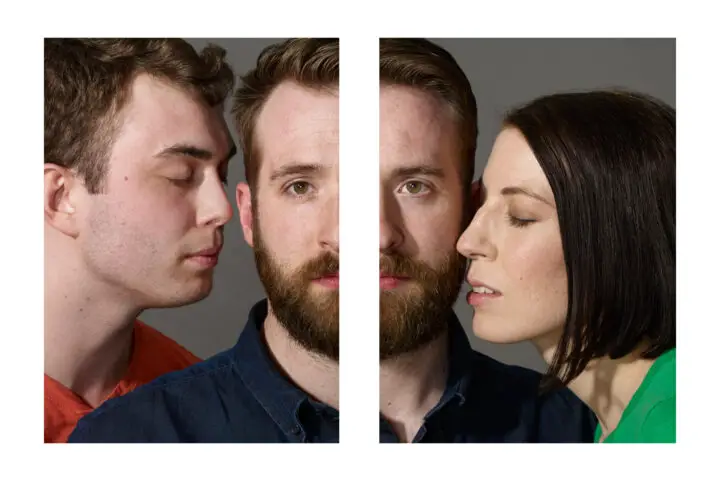
According to a recent article in Psychology Today, there is some apparent “biophobia” among all sorts of others. Some of the typical misconceptions are that bisexuals tend to cheat, are confused (“it’s just a phase”), or that they are selfish, no matter what relationship they may be in.
The other false assumption is that if a bisexual is involved in a relationship with a straight man, a gay man, or a lesbian woman, they are given the label of being those things. Their sexual identity is thus marginalized. But when someone states that they are absolutely bi-sexual, they are then shunned. Other genders are just uncomfortable dating such a person.
Straights Dating Bisexuals
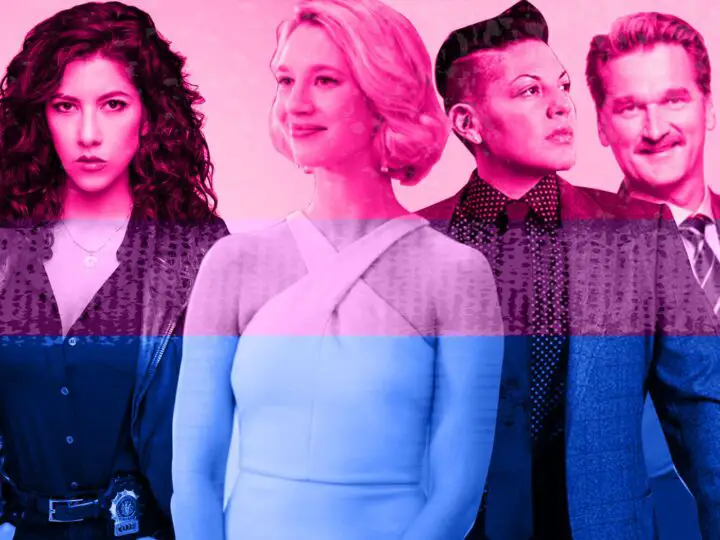
One of the challenges faced when a straight person dates a bisexual, is actually knowing that the person is bi. Bisexuals are often not willing to reveal their gender identity for fear of rejection. If they do reveal that they are bi, there are some things you need to know:
- Be certain that you are okay with this revelation. Many straights are turned off by those who are non-hetero, and bi’s really do fear this, especially if they are developing emotional attachments to this straight partner.
- Check your feelings regarding jealousy and fear that your partner will leave you for a person of the other sex. These feelings will keep you miserable throughout your relationship, and it really means that you probably should get out.
- Do not ask your partner about their past relationships, how many have been with their same sex, and other such details. It’s really none of your business, and you need to wait for your partner to bring those things up. If they never do, you have to let it be.
Gays Dating Bisexuals
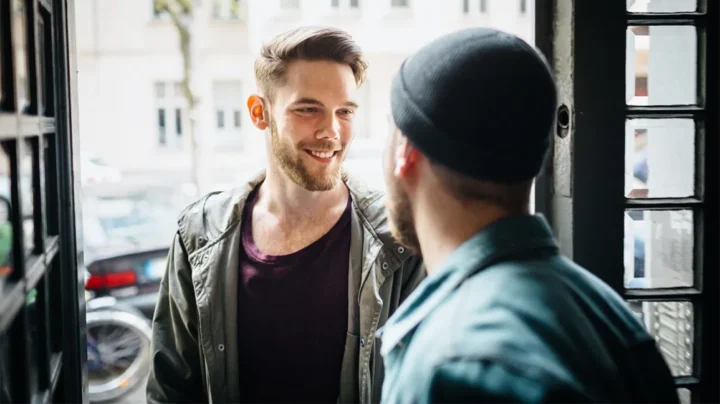
If you a gay and dating a guy who is bisexual, all of the above-mentioned points apply to you as well. If you have strong feelings for this guy, then you need to do what you can to be supportive. Here are some additional things to do:
- How much do you really know about bisexuals? You need to do some research to understand the issues and challenges bisexuals face. For example, did you know that lots of bisexuals do not always act upon their identities? If you are dating a bisexual man, you owe it to yourself and to him to learn as much as you can, so that you can be supportive.
- As a gay, you already fall within the LGBTQ+ spectrum. While the “B” in this acronym refers to bi-sexuals, they are probably the most marginalized and ignored category within this spectrum. Dating a bisexual man and having an emotional attachment means that you must validate their gender identity as much as you (and the larger community) validate yourselves.
Lesbians Dating a Bisexual Woman
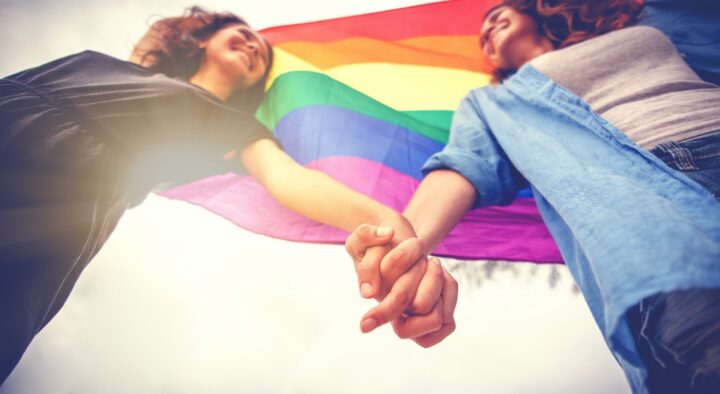
All of the above apply to you. As a lesbian, you are you have a large amount of support and validation.
Once you begin a relationship with a bisexual woman, though, things will “feel” different. And you may experience the discomfort of knowing that your partner may decide to engage in sex with a man, even if only for a quick hookup before returning to your relationship. How will you handle this? If you are the jealous type, then this relationship is probably not for you. Better to get out now before either or both of you become too connected.
Key Advice to Bisexuals who are Getting “Involved”
If you are bisexual and dating a straight, gay or lesbian, there are some things you need to consider before you move forward into a more serious relationship.
- Can you be honest about your sexuality with this current partner? If you believe that coming out as bi will damage your relationship, then it has not been right in the first place and you need to move on.
- At what point do you intend to reveal your sexuality to your partner? Hiding your identity is really not right, from an ethical standpoint, especially if you expect to have sex with another gender outside of your current relationship.
- You have the right to feel marginalized within the LGBTQ+ community. And if you are feeling this, then you may want to look for relationships within the bisexual community. There are loads of bisexual dating apps – check here to begin. If you can connect with other bisexuals, even virtually, you will at least find a support system, if not the possibility of a dating relationship that will not be as difficult as it is with other gender identities. When two bisexuals enter into a dating relationship, they understand one another and don’t have to put up with the myths and misconceptions that others have of them.
It’s Complicated…
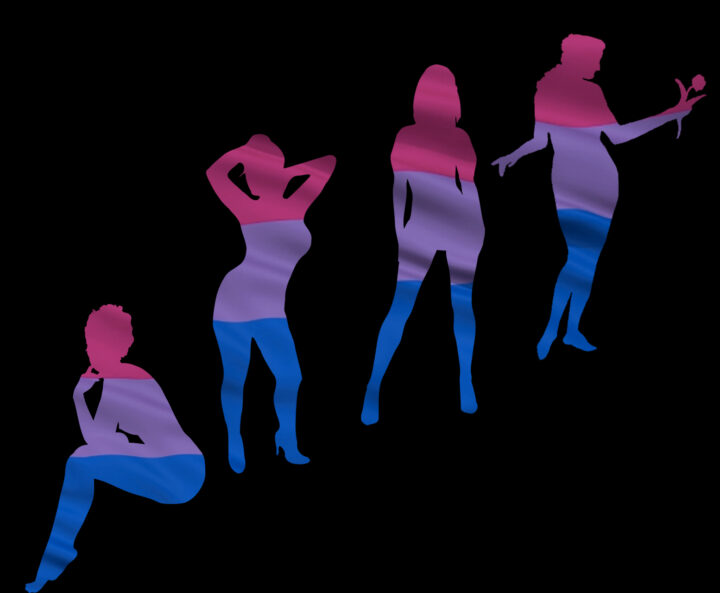
Yes, it is. Some open bisexuals act upon those identities by having sexual encounters with both genders. Others admit to having these identities but never, in fact, act upon them. They remain in current relationships without ever straying. Still, there are a lot of misconceptions and misinformation out there about bisexuals, and these need to be countered with the truth. The more everyone can learn about bisexuality, the better. It will help bisexuals take a valid and equal place within the LGBTQ+ community.
